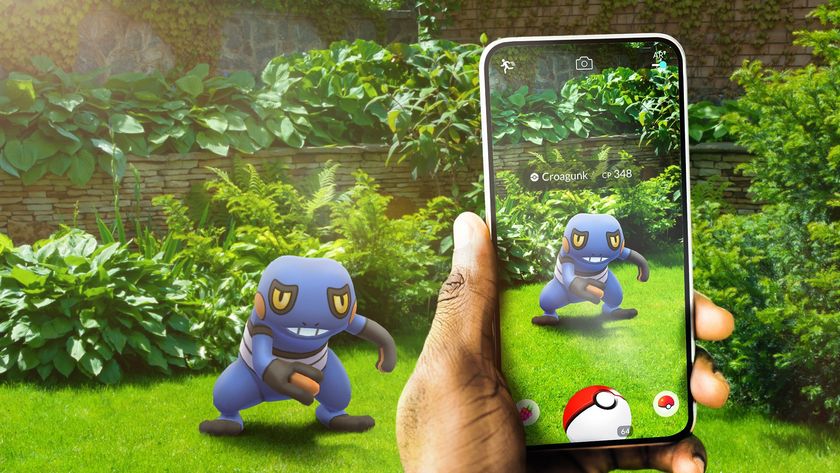Until Dawn reminds us that we haven't really got a choice (but that's ok)
True choice is an illusion in most games. It’s a fact I became all too aware of after recently finishing Until Dawn - an adventure predicated on player agency and decision-making. Right now, games just aren’t set up to offer truly human options and deliver realistic consequences to those actions, regardless of how well written a scenario is, or how many choices the player is presented with.
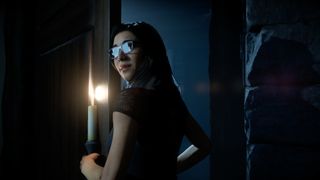
Now, Until Dawn is a tightly-paced story game - a linear narrative that branches and realigns according to binary choices you’re forced to make at certain points. Sorry, that rather cold analysis takes the magic out of what is actually a damn enjoyable horror story - the developers at Supermassive Games do a great job of dressing up the inner workings of their game with a fine layer of smart camera angles, beautiful character models, and authentic (if not entirely convincing) teen-horror dialogue. However, there’s rarely a point in the game where you truly feel in control of how the events unfold.
Let me give you an example. Towards the end of the game you’re given the option to let two characters run or hide when chased by ‘a baddo’ (term deliberately vague to avoid spoilers). That’s all well and good. There are consequences for running, and consequences for hiding. But what if neither option appeals? What if you’ve decided - in that scenario - to pick up a rock and throw it at the baddo? Or that one of your characters is to make a noble stand and sacrifice themselves so that the other can live? Or maybe you hate both of them, and want them both to stand firm and accept the consequences?
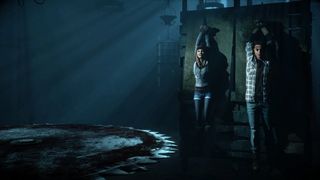
By necessity, Until Dawn - like so many other games - needs to funnel its players down certain paths to complete its narrative, and that leads to unsatisfying results. Anyone who played The Walking Dead will likely feel miffed that - in the summing up - all the decisions made can’t change the outcome of character fate. The end game is the same. It leaves us with a genuine disconnect between human thought-process and the ability to manipulate the world: we’d do things differently, but the options we want haven’t been hard-coded into the game.
True player choice would be utter chaos, prohibitively expensive for gaming budgets, and near-impossible to create in a meaningful way. Yes, open-world games offer a greater level of agency for sure, but they suffer from the problem of being unable to simulate consequences. And choice without consequence is largely meaningless. So, while GTA5 grants ‘freedom’ within its very liberal set of game rules, you’re still restricted by a very limited set of outcomes. Sure, that moment where you chase a guy down the street in a golf buggy and run him over repeatedly will force the game world around you to react (in horror - I mean, what is WRONG with you?), but there are no long-term repercussions from your actions.

Interestingly, titles like Metal Gear Solid 5 present choice as a series of tools. Each mission in Phantom Pain is, essentially, a series of problems that need to be overcome using a specific set of rules and items. It’s up to you how you use the items and moves at your disposal to unlock the riddle of each scenario. And this is probably where games are currently closest to what we’d consider as ‘true choice’. It has taken the best part of five years, and millions of dollars (not to mention causing a rift between Konami and Kojima) to create the game, though, and even those who have played it in excess of 35+ hours struggle to communicate how complex this makes the whole experience. Despite all this, and barring any revelations around the true ending to Kojima’s latest, it seems that even MGS5 can’t really reflect the choices made by its players with its end game. There are too many variables, and the closer we get to offering true player agency in a game, the further we move from those decisions having meaningful outcomes.
It’s the hole that Mass Effect eventually fell into, and BioWare’s choice-system was directed and tame by comparison. Despite careful planning, the team was forced to condense all player choices to a very dissatisfying final decision, which pretty much negated everything that had come before it. While I don’t object to the way my game turned out, it’s clear why many were upset - we expected meaningful consequences to the decisions we’d made. Without giving too much away, games like Until Dawn are still wrestling with this problem of tying everything together while still respecting the choices made by the player. Like The Walking Dead, the end result is coherent but largely dissatisfying.
Sign up to the 12DOVE Newsletter
Weekly digests, tales from the communities you love, and more
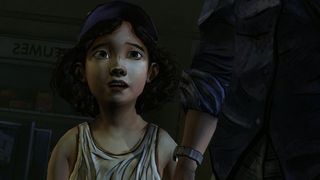
However, one question I still haven’t addressed is: do we really want to make every decision in our games? Surely the point of stories in every other medium is that you’re guided through by the narrator, forced to accept their version of events and points of view. The interactive nature of games muddies the water here, because our need to be in control of what happens on screen is directly in conflict with the creator’s desire to direct us to the conclusion. Perhaps we just need to accept that we’re - to a large extent - pressing buttons to make the story move forward. Doesn’t make games any less enjoyable, but the thought will always leave us feeling high and dry when we’re offered rather hollow opportunities to truly influence the way our adventure plays out. Choice is an illusion, sure, but it’s a hell of a trick.
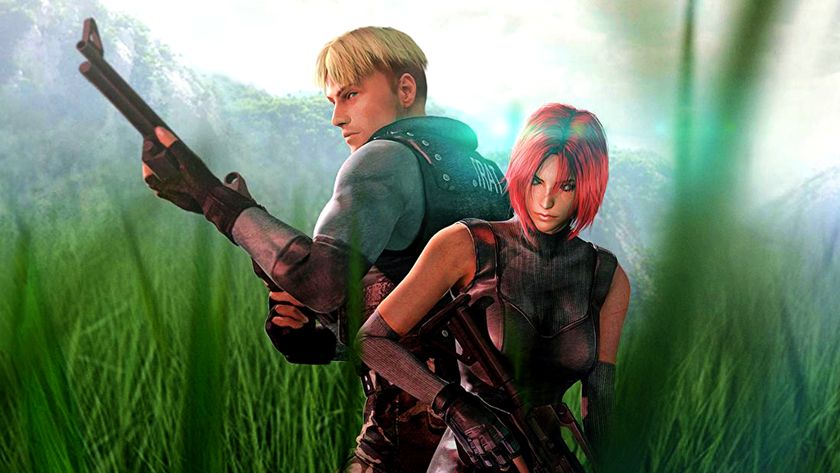

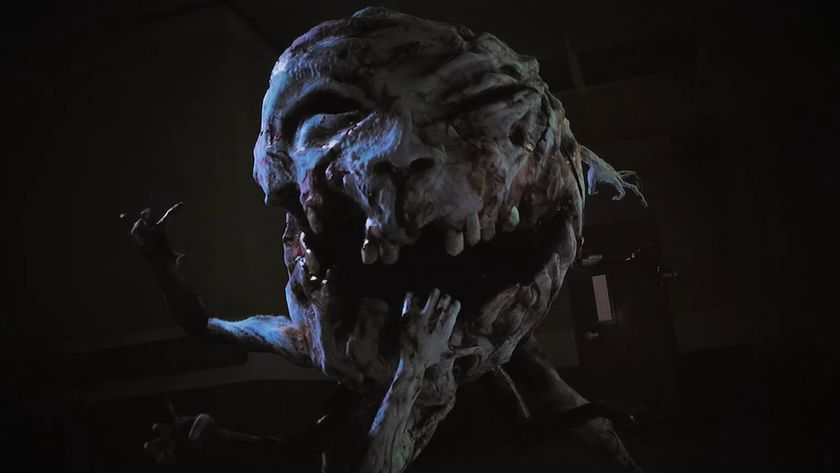
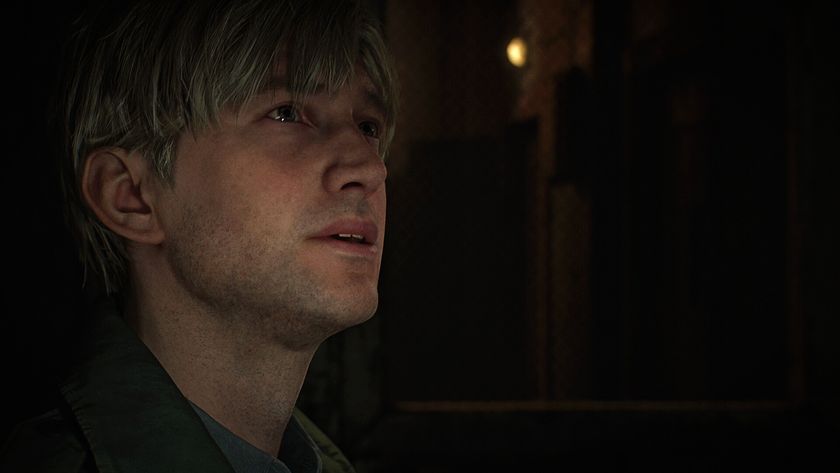
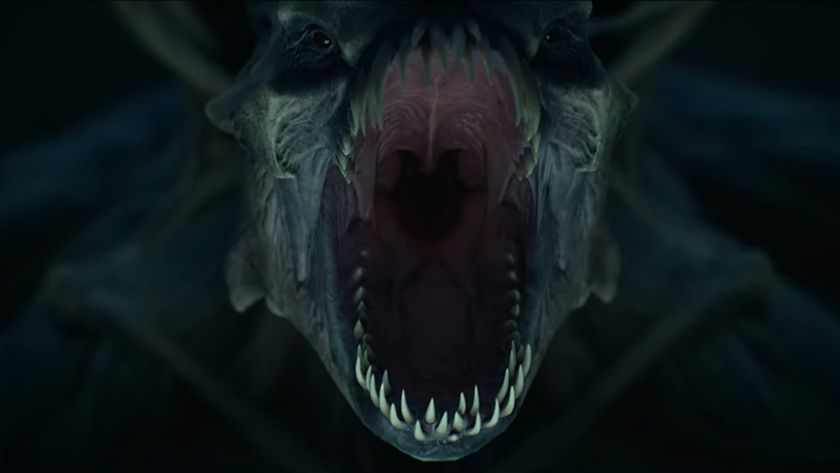
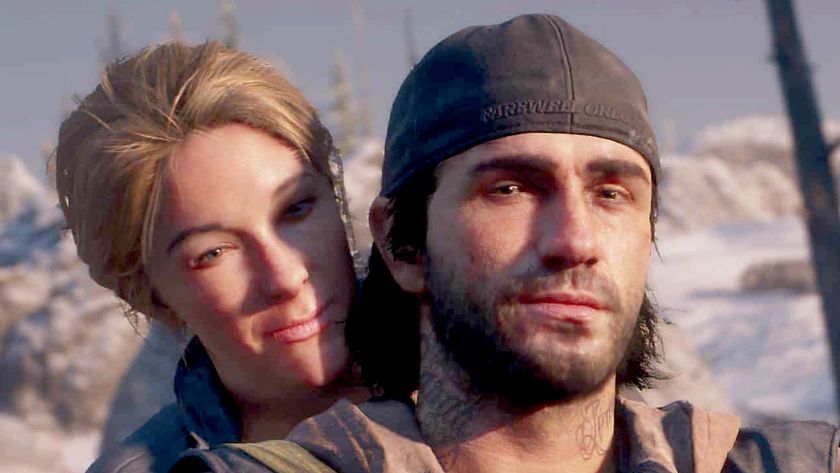
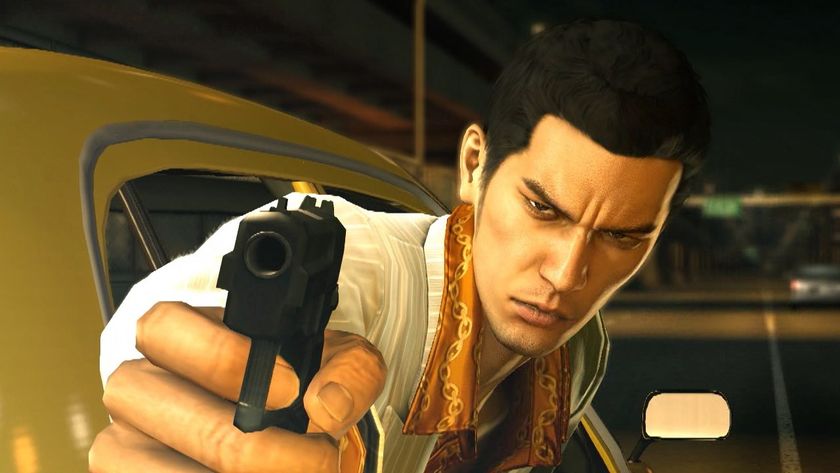


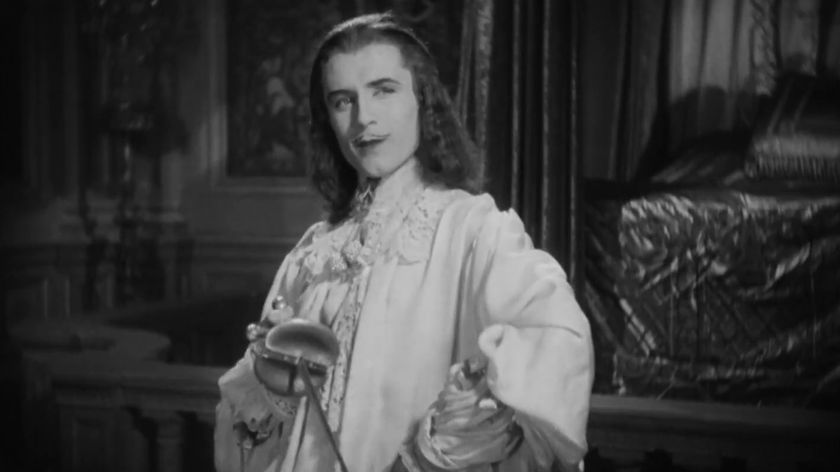



Dino Crisis gets a fresh trademark filing by Capcom, but it might not mean the 26-year-old survival horror franchise will get a new installment like fans expect

After 2 years of silence, the next mainline Silent Hill game is getting a dedicated stream this week with "the latest news"

